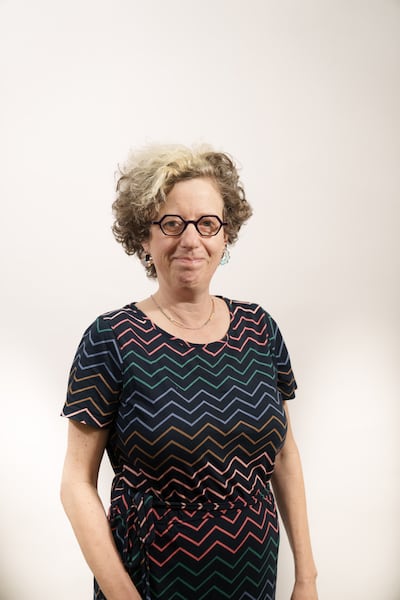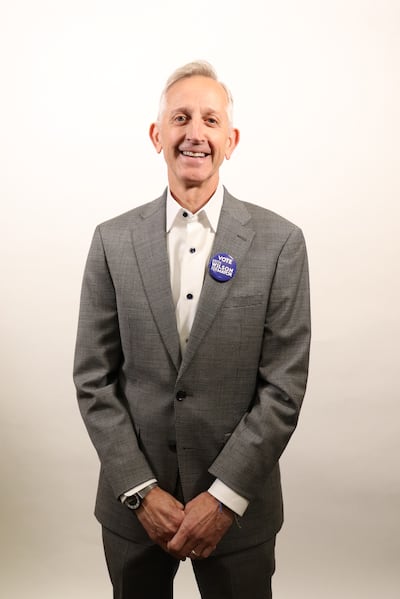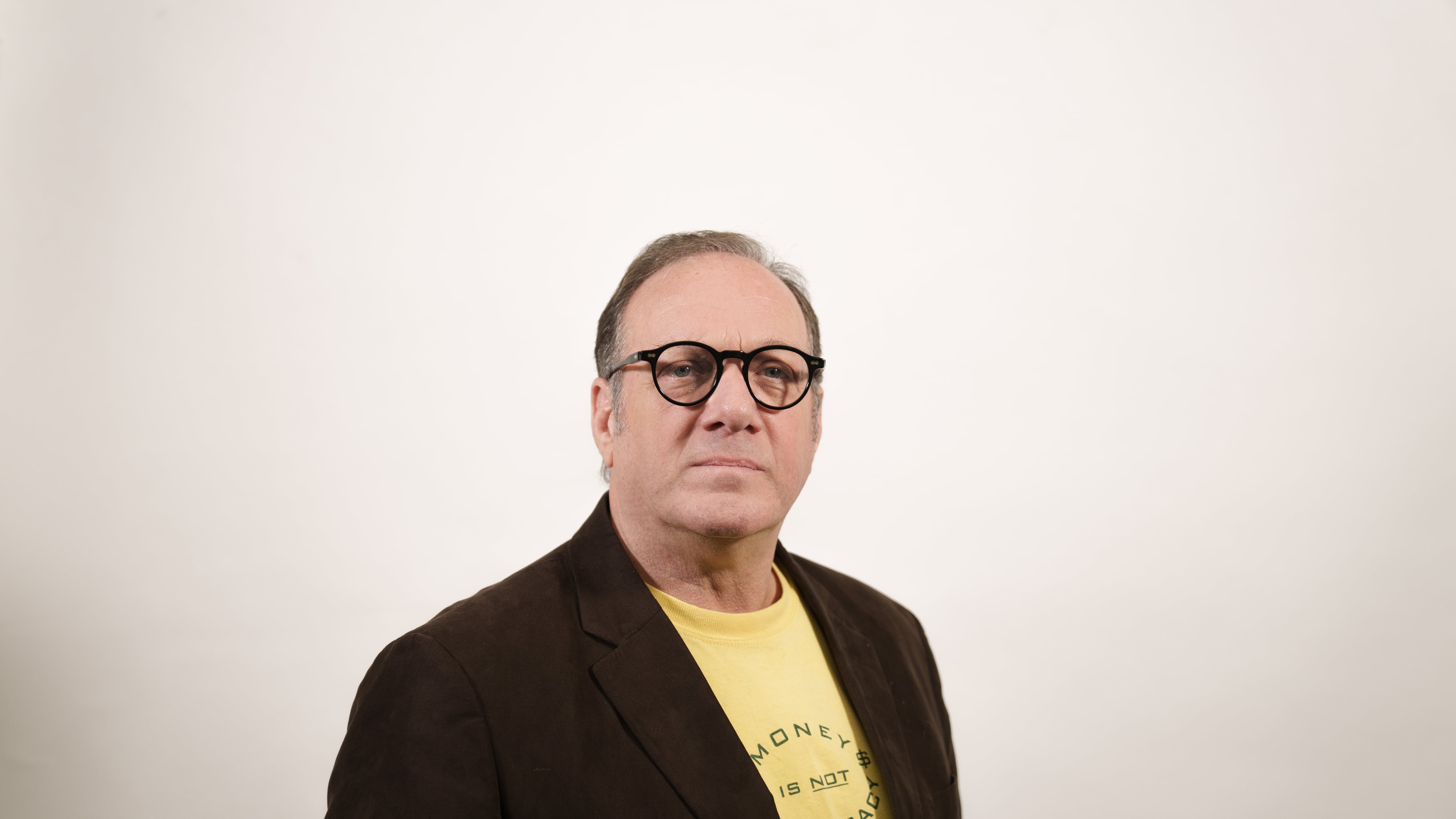For the past six months, a squadron of canvassers has been appearing on Portland doorsteps, clipboards in hand, to collect small donations for nine candidates seeking city office.
The canvassers are organized by a nonprofit called the Portland Clean Air Fund. The candidates typically pay the nonprofit $40 an hour, with the expectation that canvassers will collect at least two $5 donations or one $20 donation in that hour.
The math doesn’t appear to make sense. Why would a candidate pay $40 for $10 in campaign donations?
Enter the city of Portland’s public campaign financing program, Small Donor Elections. Created by the Portland City Council in 2016 to “reduce or eliminate corruption or the appearance of corruption,” the program matches small campaign donations by up to 9 to 1. A $5 donation leverages $45 in public money; a $20 donation becomes $200. If a candidate attracts 250 donors, they can unlock up to $40,000. If they reach 750 donors, they can unlock up to $80,000.
When public matching dollars enter the equation, a deal with the Portland Clean Air Fund makes sense. Both the candidate and the canvassing contractor come out ahead.
The canvassing group has been paid over $45,000 by nine candidates, including mayoral candidate Keith Wilson. In total, the nine candidates have unlocked more than $515,000 in matching taxpayer funds. In some instances, PCAF performed a vast majority of a candidate’s door-knocking and fundraising.
Some of those candidates, like Wilson, are serious contenders. Others are obscure, such as Chris Henry, a perennial candidate who has unlocked $28,000 in matching public funds.
Unlike the donation-swapping scandal uncovered by WW earlier this fall (“Swap Meet,” Sept. 11), which sparked an investigation by the Secretary of State’s Office into 12 candidates, there’s no indication that the Portland Clean Air Fund has broken any state laws or city rules. Instead, PCAF’s canvassing raises questions about whether the city’s public financing program, intended to level the playing field for grassroots campaigns, accurately reflects the voter-level public support that the 118 candidates seeking office this November have attracted.
Nick Caleb, an environmental lawyer who regularly appears before the City Council, says nonprofits shouldn’t be allowed to profit from the city’s program. He calls it a “foreseeable moral hazard.”
“The public financing system is a treasure for the community that we all have a responsibility to steward. If the community loses confidence in the system, we all lose,” Caleb says. “The City Elections Division should adopt an administrative rule clarifying that the public financing system is in no way intended to serve as a subsidy for nonprofits.”
The Portland Clean Air Fund defends its work.
“Candidates pay for services all the time. That’s why they raise money in the first place,” says PCAF president Seth Woolley. “The [Small Donor Elections] program is about providing enough financial support for candidates to have advertising, including feet on the ground, introducing the public to their issues and candidacies.”
The Portland Clean Air Fund is a 501(c)(4) nonprofit founded by environmental activist Greg Bourget in 2018. (Portland Clean Air is an associated political action committee that’s been around since 2013.)
For the past several years, the nonprofit has periodically collected signatures for progressive ballot initiatives, including the Portland Clean Energy Fund and a 2018 campaign finance reform measure. Most recently, PCAF canvassed this past spring for what became Measure 118, a ballot measure that seeks to raise corporate taxes to cut every Oregonian an annual $1,600 check.
PCAF’s board comprises three people: Bourget, the director and treasurer; Alexandra Ruhf, also listed as a director; and Woolley, a longtime campaign finance watchdog, who is listed as president in the group’s latest tax filing. Bourget made $73,600 last year.
This spring, PCAF saw a new opportunity: door-knocking for some of the 118 city candidates, many of them desperate to find 250 donations to gain entry into the Small Donor Elections program. That proved more difficult than some imagined. “It turns out with so many candidates, it’s really hard to get people to contribute,” says District 4 candidate Ben Hufford, who did not pay PCAF for canvassing. “I was not expecting that getting to that number would be this hard.”
Bourget pitched PCAF’s work to prospective clients this summer. He asked one District 4 candidate, who’s running as a business-friendly moderate, to join PCAF’s roster. “I’m in the middle of getting all of the donors required for the matching donor program for city council candidates,” Bourget wrote in a July text. “We have room for one more.” The candidate declined: “It just didn’t feel right.”

PCAF received its first payment from a City Council candidate on March 18. The amount was modest: $264 from Marnie Glickman, a progressive candidate running in District 2.
Glickman ultimately paid PCAF $2,332 to canvass. She says that she terminated the agreement when “two of my kitchen cabinet members questioned even the appearance of fuzziness.” Glickman declined to say what exactly her advisers warned her about.
Perhaps the best example of the power of canvassing—and how paid canvassing can unlock major taxpayer dollars—can be found in Chris Henry, the perennial candidate.
In recent years, he’s run for the Oregon Senate, Oregon House of Representatives, governor, U.S. Senate, Oregon Bureau of Labor & Industries commissioner, Oregon attorney general, and state treasurer. He’s never garnered more than 5% of the vote.
Henry raised $4,254 in raw contributions from 484 donors. Those donations unlocked $28,809 in matching taxpayer funds.
Henry said he agreed to pay the Portland Clean Air Fund $5,000 for 250 donations so Henry could qualify for matching taxpayer dollars.
(Jesse Cornett, another candidate who paid PCAF for canvassing, says his agreement was to pay $40 an hour, with the expectation that canvassers would solicit at least two $5 donations or one $20 donation an hour. Moses Ross, a District 4 candidate, says he paid PCAF $30 an hour plus a 10%-20% administrative fee. Other candidates who paid PCAF are Mariah Hudson, Sameer Kanal, Sarah Silkie and Timur Ender.)
WW cold-called 20 of Henry’s donors listed in public records. All 20 lived in District 2, not District 4, where Henry is running. (Only 11% of Henry’s donors live in his district, according to city data spanning three months.) Many of them denied making a donation to Henry, then admitted they only hazily remembered their contributions when provided with copies of the signed forms.
On a recent October evening, a WW reporter was canvassed by PCAF. The canvasser first presented a map of Portland’s major air polluters. After several minutes of a clean-air pitch, the WW reporter asked where his donation would be going. The canvasser presented three flyers for candidates Kanal, Ross and Henry.
This is typical for PCAF: It pitches candidates three or four at a time, asking for $5 apiece.
Portland Clean Air Fund would not answer questions about payment agreements with candidates, nor would it provide a copy of the door-knocking script supplied to canvassers.
PCAF’s work has stirred bitter feelings among some fellow candidates.
James Armstrong, a District 2 candidate, says Henry risks undermining matching funds. “Guardrails should have been in place to ensure accountability and prevent individuals from taking advantage of these well-intentioned initiatives,” Armstrong says.
Elana Pirtle-Guiney, who’s running in District 2, says canvassing by a paid third party goes against the “intent” of the city’s program.
“It definitely felt like people were able to churn out an operation and really take advantage of the rules,” Pirtle-Guiney says.
Lawyer Dan Meek, who specializes in campaign finance, disagrees.
“I assume that other candidates have hired persons to work on their campaigns,” Meek says, “and that part or all of their duties is to solicit donations.”
Susan Mottet, director of Small Donor Elections, says she’s aware of PCAF’s work: “People organizing around an issue they care about to elect people who also care about that issue is an important part of democracy.”
District 4 candidate Ross, alongside candidates Silkie, Cornett and Henry, defends his decision to pay the nonprofit.
“I feel very fortunate that I had a group like PCAF that was in alignment with my values, and that they had a structure in place that they could convey that to gain public support,” Ross says. “There’s no deception going on.”
Another PCAF candidate, Timur Ender in District 1, ended his agreement with the nonprofit after he learned that most of the donations solicited for him came from outside his district.

Mayoral candidate Keith Wilson says his agreement with PCAF was “brief, disappointing and lacked the candor we expect from any individual or organization we engage with in our campaign.”
Henry, for his part, seemed frustrated by PCAF’s performance. Canvassers solicited almost solely $5 donations for him. Earlier this month, Henry owed $11,867 to PCAF for canvassing and was forced to lay off his bookkeeper “so we could afford to pay Portland Clean Air to gather the last 50 donations we would need.”
“All of the donations have been $5,” Henry adds. “And that hurts me more than it helps because I’ve got to pay you more because you’re going to be out there more.”
In a later email, Henry wrote: “We are proud of our association with Portland Clean Air Fund and confident in the integrity of their fundraising operations.”
Correction: A previous version of this story said the Small Donor Elections program was created in 2018. That’s incorrect; it was created in 2016. WW regrets the error.
